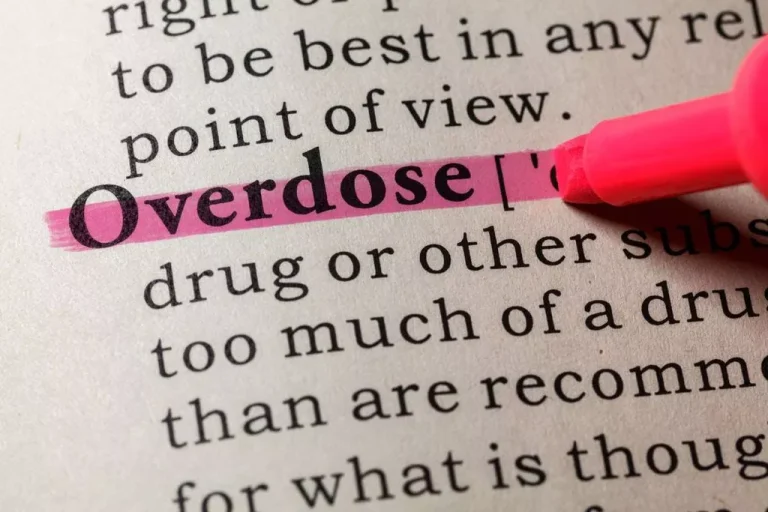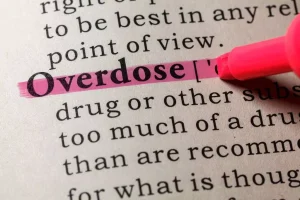Alcohol poisoning Diagnosis and treatment

However, severe alcohol overdose may cause seizures, resulting in brain damage if oxygen to the brain is cut off. If you experience an overdose, your doctor will ask you about your drinking habits and health history. Your doctor may also perform additional tests, such as blood tests (to determine your blood alcohol and glucose levels) and urine tests. Your height and weight determine how quickly your body absorbs alcohol.
Binge drinking
For example, some craft beers may have four times the amount of alcohol that’s in a regular beer. Be aware of the alcohol content of what you’re drinking and adjust how much you drink based on this knowledge. This guide explains the causes, signs and symptoms, what you can do to stay safe and how you can help others. Everybody has different limits, and what’s fatal to one person might not be for another.
Alcohol’s Effects on the Body
Drinking alcohol very quickly can lead to alcohol poisoning, which can be extremely dangerous. Even when it’s not fatal, alcohol can cause some unpleasant — and sometimes dangerous — symptoms. Someone experiencing an overdose won’t necessarily have all these symptoms, but if they’re breathing is slowed or you can’t wake them up, it’s time to call 911 and stay with them until help arrives. That said, it’s worth knowing your body’s limits and what to look for if alcohol poisoning is a worry. Excessive alcohol use can harm people who drink and those around them.
Dangerous myths

You and your community can take steps to improve everyone’s health and quality of life. A mental health or psychiatric evaluation is usually part of the diagnosis once the person is sober and lucid. Because denial is common, you may feel like you don’t have a problem with drinking.

For a woman, it’s four or more drinks in the same time frame. alcohol poisoning Teens and college-age adults are most likely to engage in binge drinking. A person can consume a fatal dose of alcohol before passing out.

Continue reading to learn more about alcohol poisoning, the symptoms to look out for, and when to seek emergency care. It is a regular practice to give small amounts of beer to race horses in Ireland. You can drink a fatal amount of alcohol before you pass out. Even if you’re unconscious, your stomach and intestines continue to release alcohol into your bloodstream, increasing the level of alcohol in your body. Your liver usually does a good job of keeping alcohol’s toxins from getting into your bloodstream. But if you drink a lot in a short time, your liver may not be able to keep up.
Alcohol Poisoning Prevention
- By definition, the combination of time and stopping the use of the substance is the main way to “treat” intoxication.
- The term intoxication is commonly used when large amount of alcohol is consumed along with physical symptoms and deleterious health effects.
- It can lead to complications such as choking, brain damage, and even death.
- Someone with alcohol poisoning will be breathing slowly or irregularly, have cold skin, be vomiting a lot, and perhaps have a seizure or lose consciousness.
- Poisonings and overdose (severe intoxication) require immediate medical attention.
- To prevent alcohol poisoning, drink alcohol in moderation.
If you think that someone has alcohol poisoning, get medical attention right away. Each substance affects how your brain uses specific neurotransmitters in different ways. That’s why each substance has characteristic intoxication symptoms. The intensity and effects of intoxication wear off with time. They go away completely when you stop using the substance. Recognising the signs and knowing what to do could help save someone’s life – remember, if they have alcohol poisoning, they won’t be able to help themselves.
- Most states have Good Samaritan laws, which allow people to call 911 without fear of arrest if they’re having a drug or alcohol overdose or see someone else who is overdosing.
- Alcohol is a toxic substance.3 That means it can cause harm and every time you drink, your liver has to filter it out of your blood, to keep your body working properly.
- Because denial is common, you may feel like you don’t have a problem with drinking.
- Someone who is “just drunk” will be slurring their words, stumbling around, and acting drowsy.
- The symptoms of intoxication overlap with several other medical conditions.
What is the treatment for intoxication?

Someone with a smaller body may experience the effects of alcohol more rapidly than someone with a larger body. In fact, the smaller-bodied person may experience an alcohol overdose after drinking the same amount that a larger-bodied person can consume safely. An alcohol overdose, or alcohol poisoning, is one health problem that can result from too much alcohol consumption. It can happen when you drink too much alcohol at one time. As blood alcohol concentration (BAC) increases, so does the effect of alcohol—as well as the risk of harm.
How is an alcohol overdose treated?
They might “black out” without actually losing https://ecosoberhouse.com/article/cognitive-dissonance-treatment-in-sober-living/ consciousness and may not be able to feel pain. Note that a BAC of 0.08 percent is the legal limit of intoxication in the United States. A person can be arrested for driving with a BAC above this limit. You should remain with the unconscious person until emergency medical help arrives. It is important to keep hydrated and avoid drinking any alcohol. Additionally, some drinks, such as mixed drinks, can have more than one serving of alcohol in them.
You may be given fluids, which may be given into your veins with a drip. You may also be given help with your breathing until the effects of the alcohol wear off. During the recovery period, a person may experience a depressed mood and appetite, discomfort, and memory problems. Even after a person is released from hospital care, it can take up to a month for them to feel normal again.




